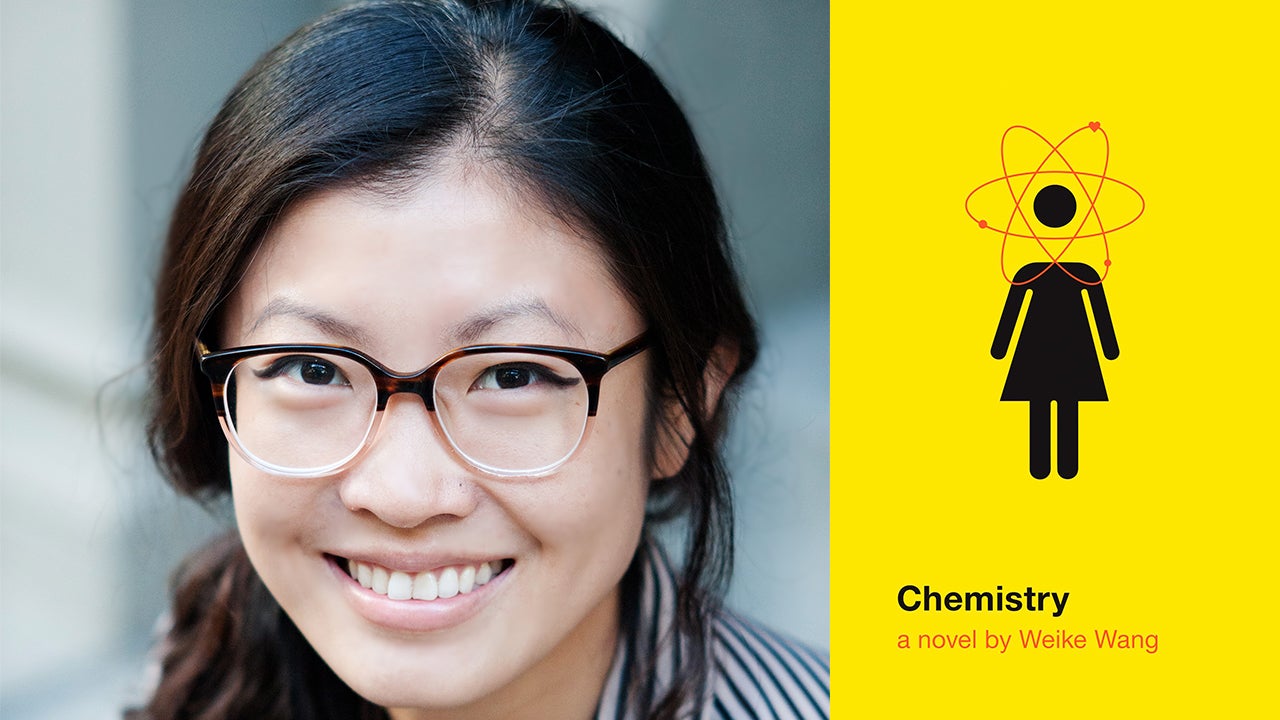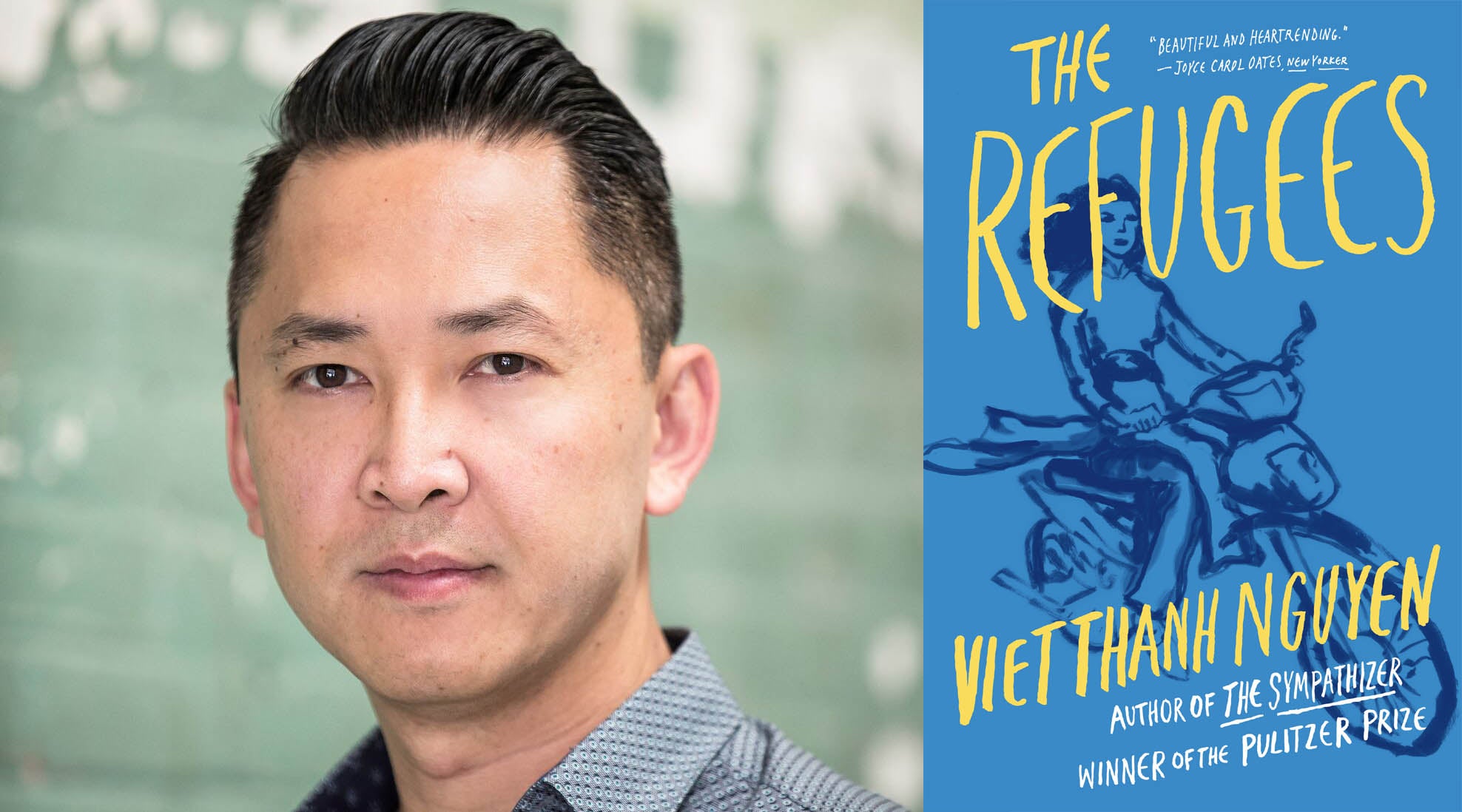
Photo by Saavedra Photography
Aspen Words will confer the inaugural $35,000 Aspen Words Literary Prize this year, recognizing a work of fiction with social impact. Twenty nominees are still in the running, and the diverse list includes 12 novels and eight short story collections covering a variety of critical issues and published by an array of presses. While the jury works on narrowing this list down to five finalists and a winner, Aspen Words will bring you a series of Q & A’s with the nominees, who answered questions about their work, the importance of fiction in understanding contemporary issues and the books that have influenced them most.
Weike Wang’s 2017 novel, Chemistry, follows an unnamed narrator as she tries to navigate the strenuous demands of being a third-year graduate student: her research, a boyfriend who glides effortlessly through his own scientific career, shifting relationships with her parents, and pressure from peers and faculty. Wang, who earned an undergraduate degree in chemistry and a PhD in public health from Harvard, as well as an MFA from Boston University, draws vivid connections between the study of chemistry and of the personal connections that surround us.
Why did you write Chemistry?
I wrote the book because I felt that the world of scientists, of science, of how science might link to art was under explored. I also wrote it at a time when I was going through a PhD program (not in chemistry). While I actually had a great experience, not many of my peers were so lucky. I guess another reason is that I wanted to add something to contemporary Asian American literature. So much of my generation is in STEM, yet not much of that has made it into literature or literary fiction.
What was the most challenging thing about writing this book?
Figuring out how to connect the pieces together, figuring out how to keep the reader reading, figuring out how to not ‘bore’ myself as I was writing it.
How might fiction help us to explore contemporary issues?
I think I answer this in the first question. But on the whole, fiction does a nice job of letting the reader explore the issues without agenda. I also think fiction is great at teaching empathy (through interesting plot, character) and that is the first step to understanding the issues of others. You have to want to listen before you can really explore those issues.
What was an early experience where you learned that language had power?
I didn’t become fluent in English until I was probably 7. By fluent I mean able to read, write, and speak. I still remember going to school and not saying anything, not knowing what was said and just being a mime. I remember reading Goosebumps and just going from line to line but not knowing what was going on. I really wanted to. The cover was intriguing — that of a green goblin hand opening a basement door. Language has so much power. You can’t really understand a culture without understanding its language and as a result its humor and nuances. For example, just the phrase got it. What does ‘got it’ actually mean? That you physically got something, that you understood something, that you’re saying okay? I remember being confused by that. Tone and context inform language. So to master a language you really have to master so much more.
What book(s) have made you see the world differently? How?
A Feather on the Breath of God by Sigrid Nunez — this taught me what a novel could be, how voice could carry a story, and I related a great deal to this main protagonist who also isn’t ever named. Tumble Home by Amy Hempel — the writing itself; less is more.
Jim Shepard stories — research is foundational to telling a good story.


